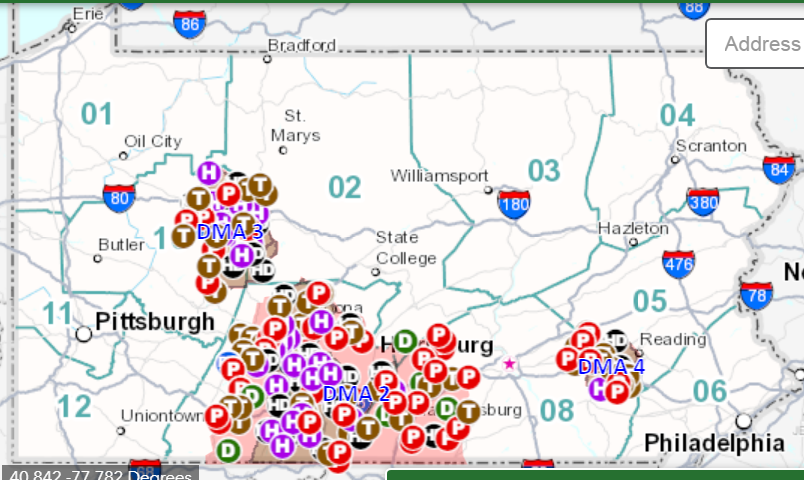Do you know about Chronic Wasting Disease?
By Courtney Colley
Since the first detection of Chronic Wasting Disease (CWD) in the state in 2012, CWD has become a familiar term among hunters. Unfortunately, due to the abundance of misinformation, many individuals are confused about what information is factual.
Whether you live (or hunt) in an area where CWD has not yet been found or in the middle of a disease management area, the Pennsylvania Game Commission is striving to better educate the public about this disease. For those who may not be as familiar with CWD, here are some things all Pennsylvania residents and visiting hunters should know.
What is CWD?
CWD is an always-fatal neurodegenerative disease of cervids including elk and deer. Once established in an area, it is nearly impossible to eradicate due to CWD’s deceptive nature and resilience. CWD has a long incubation period with deer on average not displaying symptoms for 16 to 24 months. Currently there is no cure, vaccine, or approved live test for CWD. And the causative agent of CWD has been found to last in the soil for several years. For these reasons, it is best to prevent CWD from spreading to new areas.
Where is CWD?
CWD was first detected in Pennsylvania in 2012 on a captive deer farm in Adams County. Currently, there are three active disease management areas in Pennsylvania. Within these areas specific regulations apply to help reduce the spread of CWD. In the 12.5-county Pennsylvania Wilds region, CWD has only been detected in Jefferson and Clearfield counties, both located along the I-80 Frontier.

Learn more about the Disease Management Areas of Pennsylvania and resources available to hunters using an interactive map here.
How does CWD affect you?
All Pennsylvania residents planning on hunting out-of-state should know it is unlawful to import high-risk cervid parts into Pennsylvania. High-risk cervid parts include the head (brain, eyes, tonsils, lymph nodes), spinal cord, and spleen. Once these parts are removed the remaining meat on or off the bone, cleaned skull caps with antlers, cleaned capes, and finished taxidermy mounts can be imported. Individuals hunting within the state should confirm regulations within their hunting area as similar regulations apply in disease management areas.
Where can you learn more?
To learn more information about CWD in Pennsylvania please refer to the Pennsylvania Game Commission website at www.pgc.pa.gov or call your local regional office. (You can find your regional office here.) Additional information about CWD can be found on the CWD Alliance website at www.cwd-info.org.
About the Author: Courtney Colley is the CWD Communication Specialist for the Pennsylvania Game Commission. Courtney began working for the Game Commission in July 2018, holding a B.S. from the Pennsylvania State University and a M.S. in biology from Shippensburg University. Courtney grew up on a small farm in South-Central, Pennsylvania, where she became an avid hunter and wildlife enthusiast.


